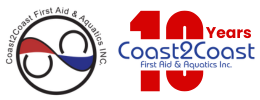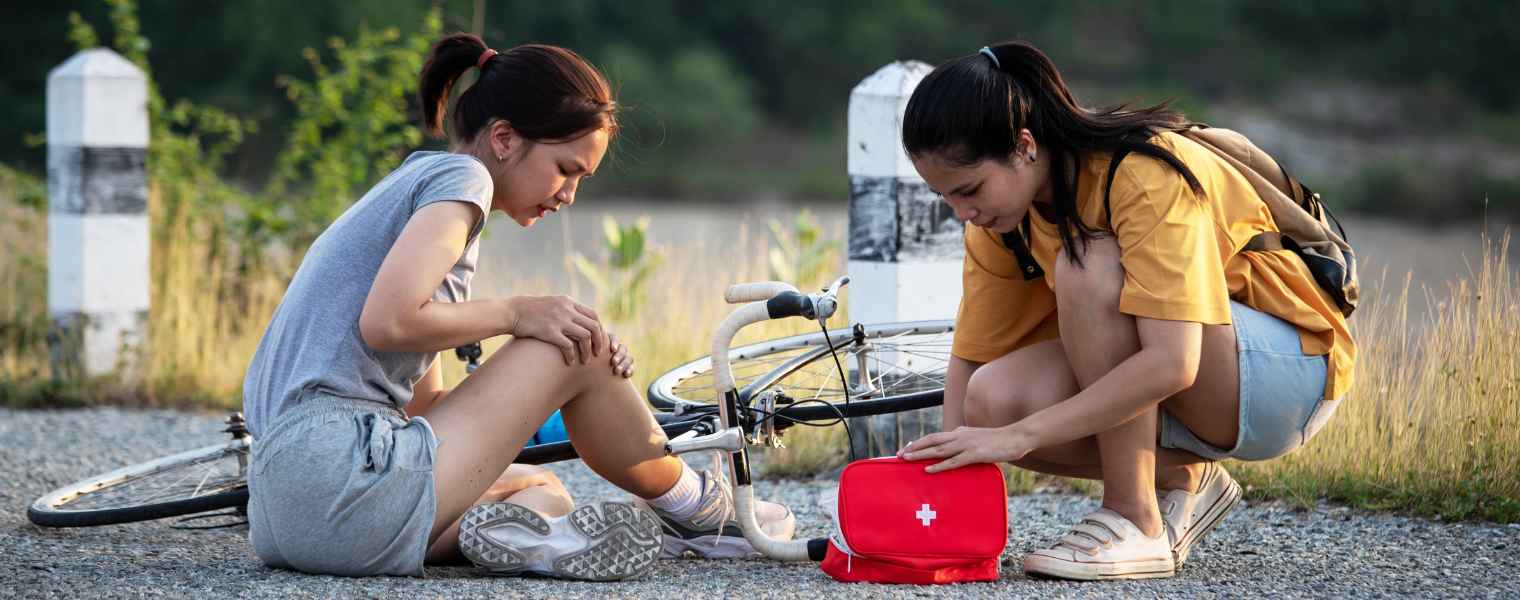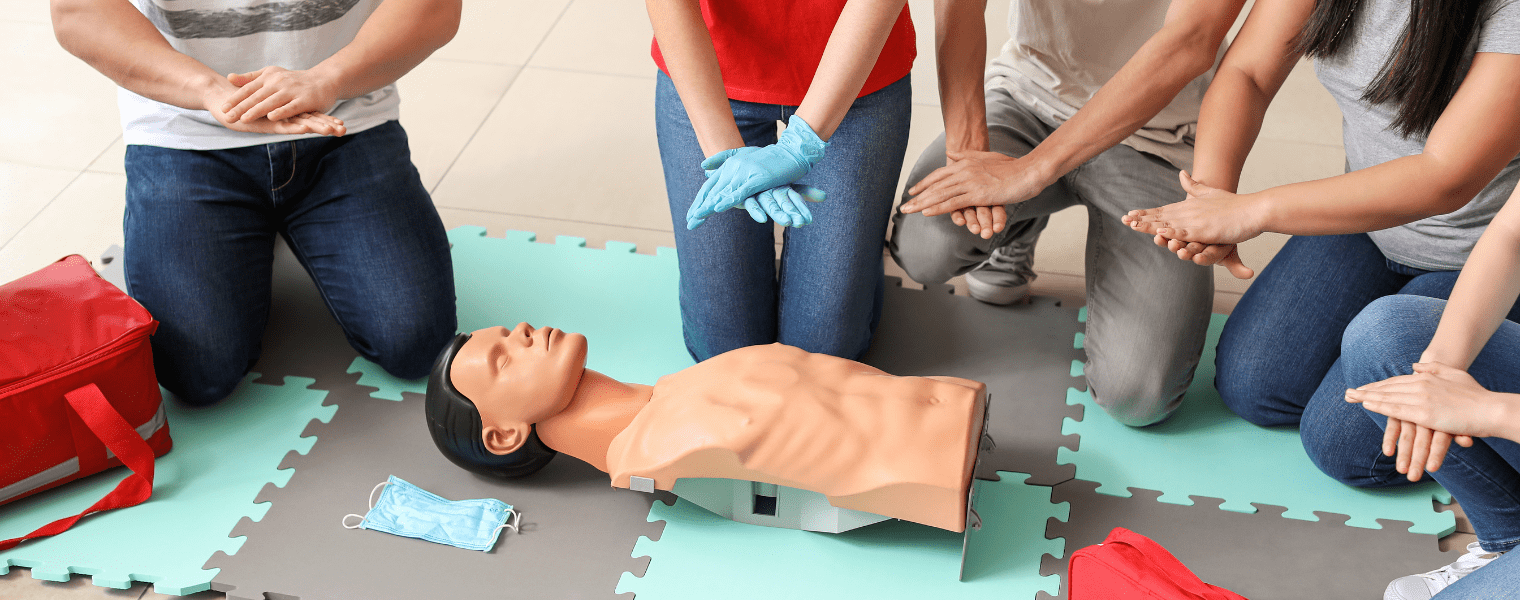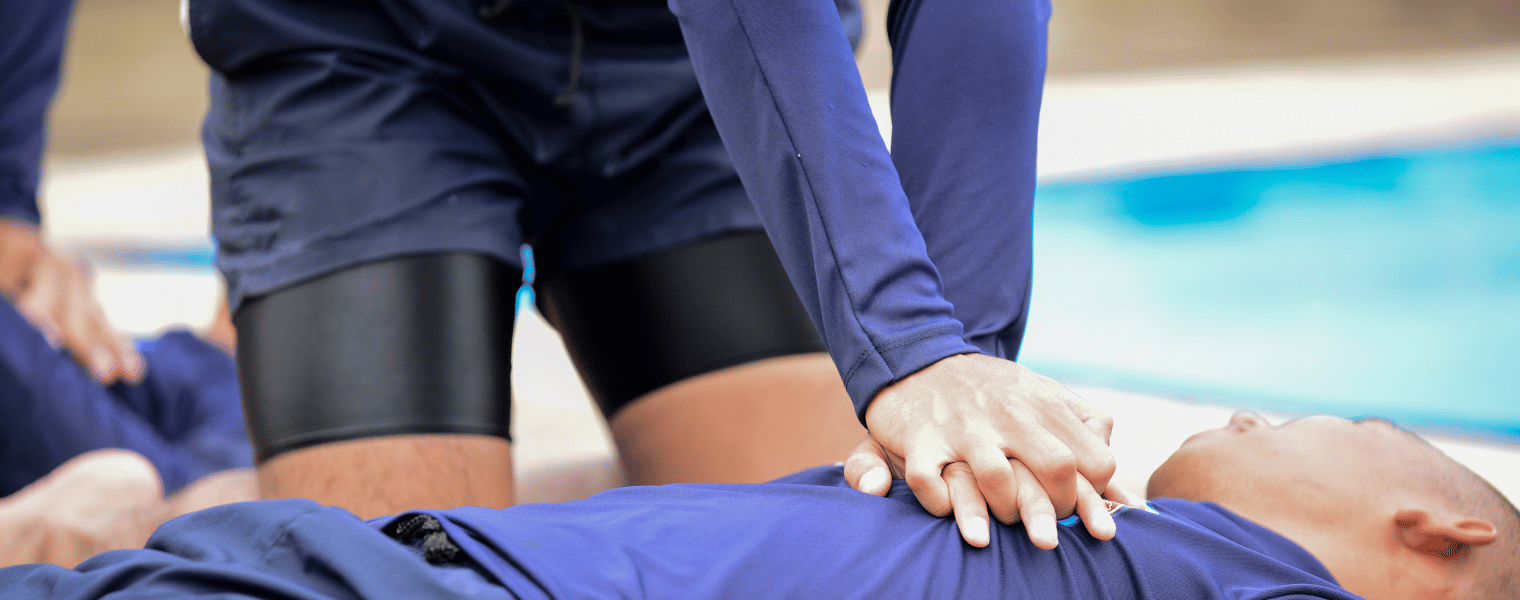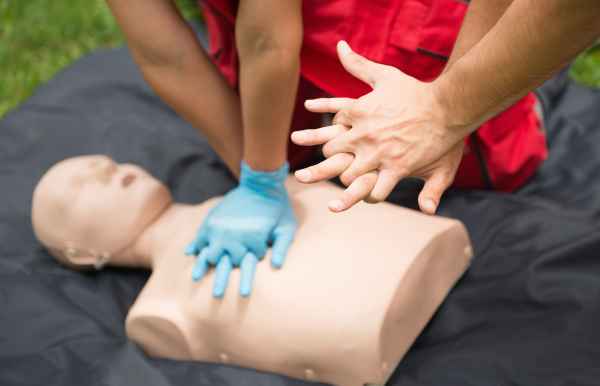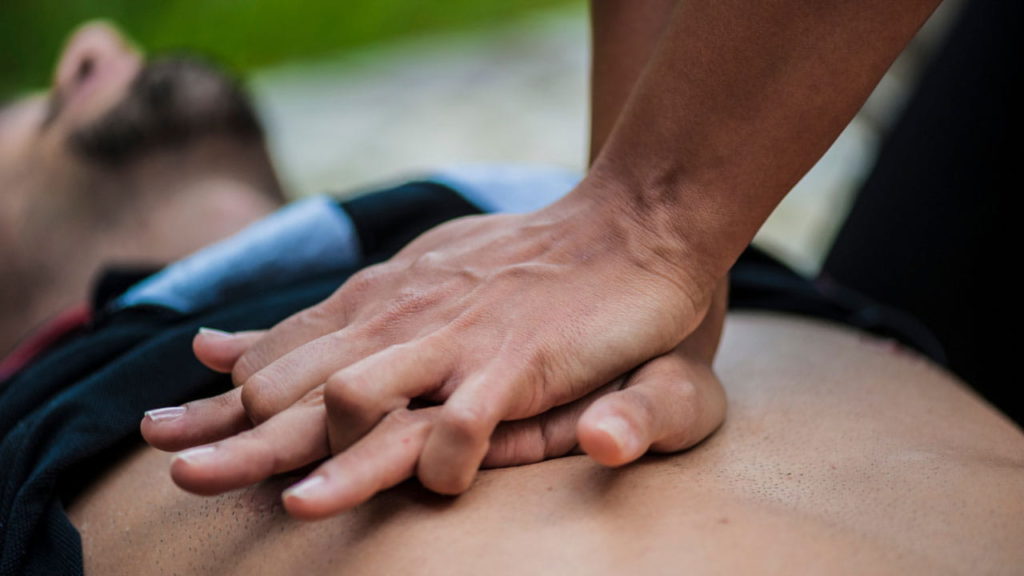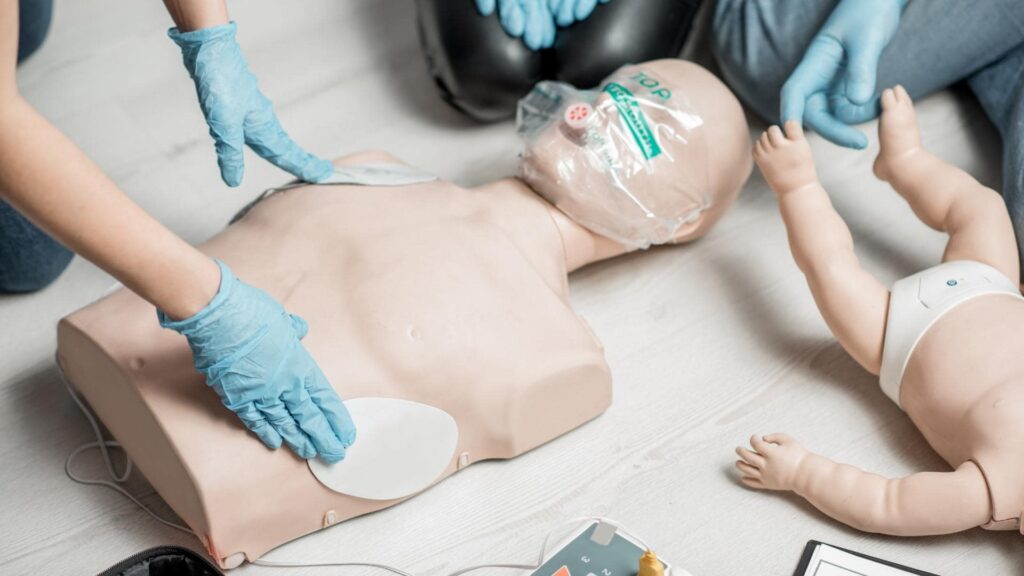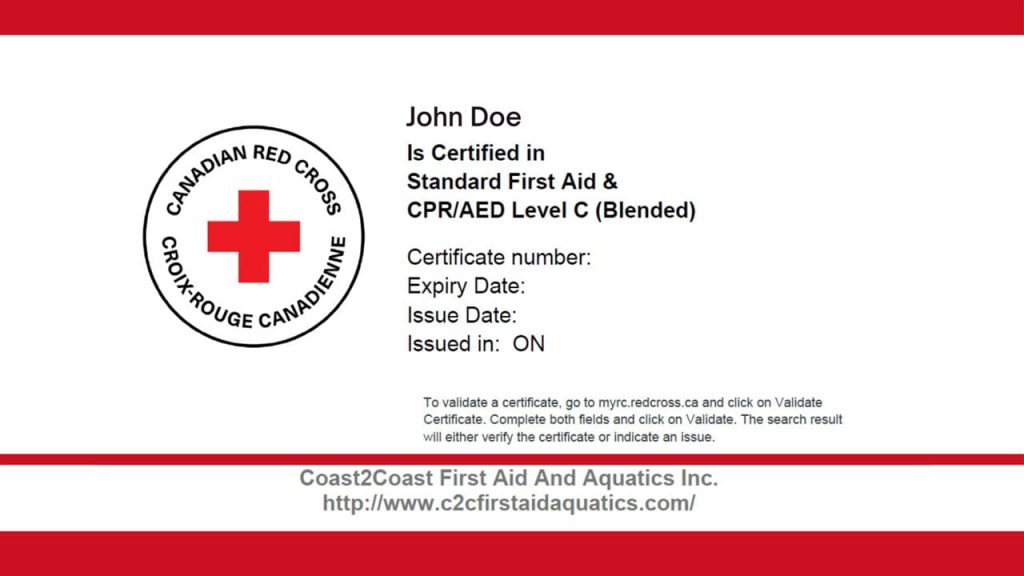Caring for an infant is a profound responsibility that brings immense joy and fulfillment. As a caregiver, whether a parent, family member, or babysitter, understanding infant care is important to ensure their well-being and foster healthy development. This comprehensive guide will delve into the essential aspects of infant care, equipping you with the knowledge and confidence to nurture these precious little ones.
What Does Infant Care Involve?
Infants are entirely dependent on their caregivers for every aspect of their lives. Their world revolves around fulfilling their fundamental needs, which include:Infant Nourishment

- Feeding: Frequent feeding is crucial for an infant’s growth and development. Whether breastfeeding or bottle-feeding, establishing a consistent feeding schedule and recognizing hunger cues (rooting, sucking on fists) is vital.
- Burping: Additionally, burping after feeding helps release trapped air and prevents discomfort.
- Weaning: Furthermore, as the infant grows, introducing solid foods gradually and safely is essential.
Comfort and Hygiene for Infants

- Diapering: Changing diapers promptly is crucial to prevent diaper rash and keep the baby comfortable.
- Bathing: Gentle baths with warm water help maintain hygiene and soothe the infant.
- Sleep: Ensuring adequate sleep in a safe environment (on their back, in a crib free of loose blankets or toys) is essential for their development.
Infant Safety

- Safe Sleep Practices: Always place the infant on their back to sleep, use a firm mattress, and avoid soft bedding or toys in the crib.
- Childproofing: In addition, secure the home by covering electrical outlets, locking cabinets with hazardous materials, and using safety gates.
- Car Seat Safety: Always use an appropriate car seat installed correctly.
Interaction and Stimulation for Infants

- Bonding: Cuddling, talking, singing, and reading to the baby foster emotional connection and language development.
- Tummy Time: Supervised tummy time helps strengthen neck and back muscles.
- Play: Age-appropriate toys and activities stimulate their senses and motor skills.
Health and Well-being of Your Infant:
- Regular Checkups: Schedule well-baby visits with a pediatrician for vaccinations, developmental assessments, and guidance.
- Fever Management: Learn how to reduce fever safely and when to seek medical attention.
- Recognizing Illness: Be aware of signs of illness, such as fever, difficulty breathing, choking, vomiting, or diarrhea, and seek prompt medical care.
Tips for Infant Care

- Wash your hands frequently: Hygiene is crucial to protect the baby from infections.
- Hold the baby securely: Always support the head and neck when holding or carrying an infant.
- Never shake a baby: Shaking can cause severe brain damage.
- Respond to cries promptly: Crying is the baby’s way of communicating their needs.
- Trust your instincts: If you’re concerned about the baby’s health, don’t hesitate to seek medical advice.
- Watch out for pets: Pets are often curious about infants, so it’s important to watch out for infants when they are in contact with pets. Ensure the pets can’t enter a room where an infant sleeps.
Register for Know Your Baby Workshop
This is the perfect training to help new parents learn how to care for infants and children. Not only will you learn new parenting skills, but you will also feel more confident in caring for your child and keeping them safe.
Register for Baby Emergency Preparedness Workshop
Register for the Baby Emergency Preparedness Workshop and be ready if an emergency strikes. Gain the confidence you need to help your child with our highly skilled instructors.
Coast2Coast’s Comprehensive Babysitting Training Program
 At Coast2Coast, we are committed to empowering aspiring babysitters with the knowledge and skills needed to provide exceptional care for infants. The Babysitting course requires participants to be 11 to 15 years of age. Our Canadian Red Cross certified Babysitting Training Course is designed to be comprehensive, engaging, and practical:
At Coast2Coast, we are committed to empowering aspiring babysitters with the knowledge and skills needed to provide exceptional care for infants. The Babysitting course requires participants to be 11 to 15 years of age. Our Canadian Red Cross certified Babysitting Training Course is designed to be comprehensive, engaging, and practical:
Virtual and In-Person Babysitting Training Options
We offer both virtual and in-person training options to cater to your learning preferences and schedule. If you wish to complete an in-person Babysitting course, you may inquire about private training. Private training allows us to host a youth training course for your group of 12 or more participants in a location of your choice.Expert Instructors
Our certified instructors are experienced babysitters and are passionate about sharing their expertise. They will guide you through every aspect of infant care, answer your questions, and provide hands-on practice.Interactive Learning
Our course includes interactive activities, real-life scenarios, and simulations to reinforce learning and build confidence.Red Cross Certification
Upon successful completion, you’ll receive a recognized Red Cross certification, demonstrating your commitment to quality care and enhancing your employability.Course Contents:
Babysitting is a Red Cross-approved course that emphasizes First Aid and CPR skills for infants and children, including:- Importance of Responsibility and Respect
- How to Prepare, Recognize and Respond to Unexpected Situations
- Check, Call, Care (includes phoning EMS/911)
- Recovery Position
- Conscious Choking (adult/child/alone)
- Feeling Unwell
- Poisoning
- Insect Stings
- Wound Care (minor cuts, scrapes, splinters, nosebleeds, bumps, bruises, life-threatening bleeding & burns) and many more skills.
Alternatives for Expanding Your Infant Care Knowledge
At Coast2Coast, we believe this amazing babysitting course is for any pre-teen or teen looking to care for children of all ages. We also understand that many caregivers of different ages want to expand their skills for infant care. Here are some different options to consider:
Standard First Aid & CPR/AED Level-C
This comprehensive course equips you with all the essential life-saving skills for infants, children and adults. Our Standard First Aid and CPR/AED is a 16-hour course offering first aid and cardiopulmonary resuscitation (CPR) skills for those who need training for work requirements or who want more knowledge to respond to emergencies at home. The course covers a variety of topics from basic (circulation and breathing emergencies and prevention of disease transmission) to in-depth (sudden medical emergencies and injuries to the head and/or spine).
Specialized Workshops for Groups
1. Know Your Baby Workshop
This workshop is ideal for new parents, grandparents or anyone who wants to learn to provide care for infants and children. This workshop delves into the fundamentals of infant care covering topics such as diapering, managing infant choking and recognizing the signs of childhood diseases.
2. Baby Emergency Preparedness Workshop
This workshop focuses on preparing you for potential emergencies involving infants. For example, you’ll learn how to handle choking, CPR for infants, basic first aid, and other critical skills to ensure your baby’s safety.
*These workshops are only available for private training (group of 8 or more)*
Enhancing Your Infant Care Skills
 While this guide provides essential information, consider enrolling in a comprehensive babysitting course like the one offered by Coast2Coast. Their certified instructors will provide in-depth training on infant care, including first aid and CPR, child development, and professional communication skills.
Investing in your knowledge and skills will prepare you to provide exceptional care for infants, contributing to their health, happiness, and overall development. In conclusion, remember, caring for an infant is a journey filled with learning, love, and the immense satisfaction of nurturing the future. Contact us today to learn more about it.
While this guide provides essential information, consider enrolling in a comprehensive babysitting course like the one offered by Coast2Coast. Their certified instructors will provide in-depth training on infant care, including first aid and CPR, child development, and professional communication skills.
Investing in your knowledge and skills will prepare you to provide exceptional care for infants, contributing to their health, happiness, and overall development. In conclusion, remember, caring for an infant is a journey filled with learning, love, and the immense satisfaction of nurturing the future. Contact us today to learn more about it. Register for Babysitting Training Course
Register today for a Babysitting training course and learn how to deepen and enhance the responsibility that older youth feel when caring for younger children.
